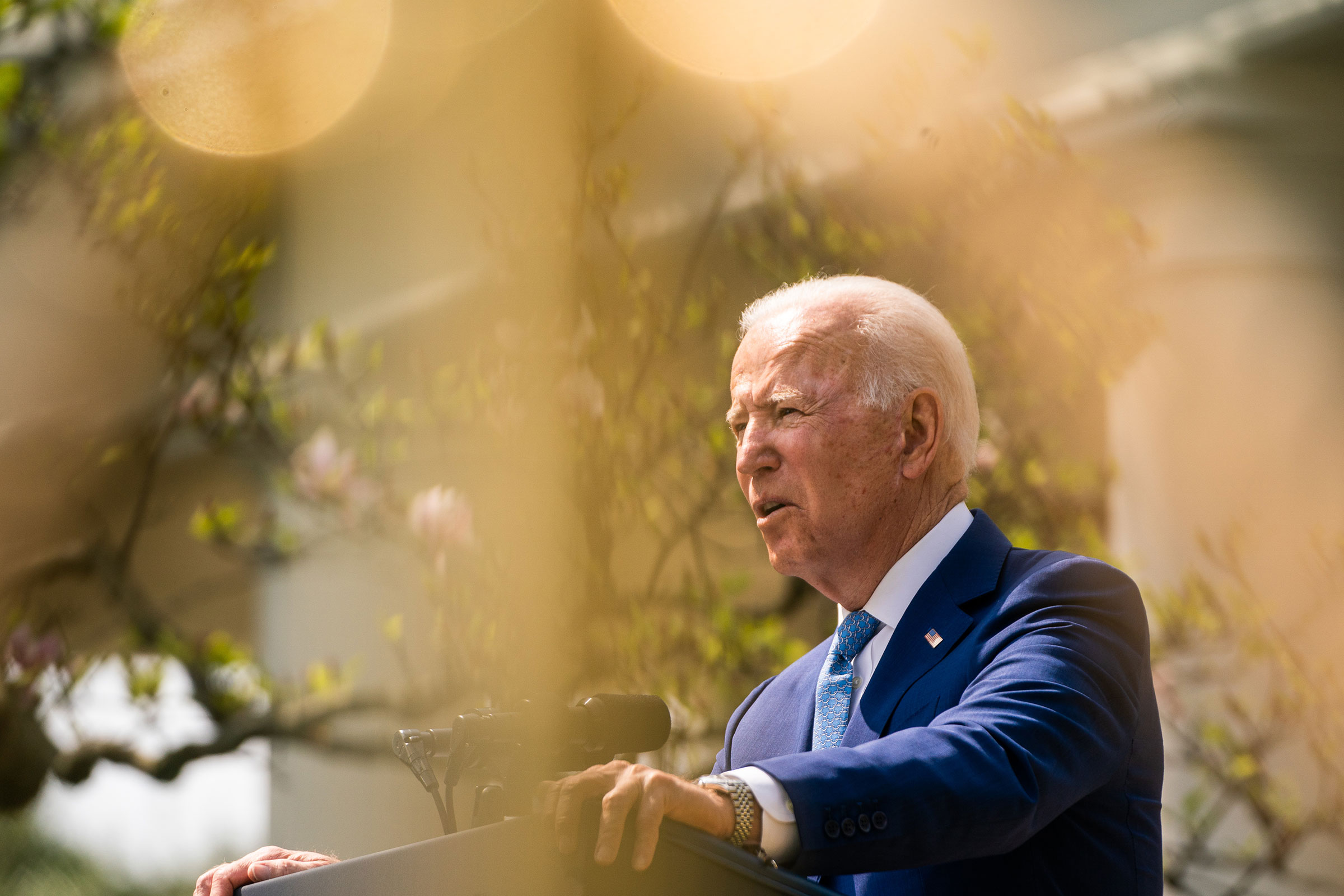
This article is part of the The DC Brief, TIME’s politics newsletter. Sign up here to get stories like this sent to your inbox every weekday.
When the White House back in January said it would prefer a bipartisan COVID-19 relief package, 10 Republican Senators sat down and drew up their outline. It was smaller than Joe Biden’s team wanted, but the group pitched it in the Oval Office and followed-up with calls and messages. Eventually, Biden’s team felt — correctly — that they could get their bigger-ticket bill through without any Republican votes. So the $1.9 trillion American Rescue Plan went out the door along strict party lines.
Now, those 10 Senators have been fairly chirpy about feeling burned. And that grouping of middle-of-the-road lawmakers are notably absent from the guest list heading to the White House today for what Biden’s team is calling a bipartisan meeting to discuss the new infrastructure proposal that appears creaking to a halt. Biden, at the moment, doesn’t have the votes to go-it-alone on this, and his quest for even a modicum of Republican allyship has him sitting down with former colleagues who aren’t exactly keen to give him a win. Nor are they widely recognized as the lawmakers who get big things done.
But that’s the thing about Congress: the big work is sometimes done by small players. For instance, Sen. Roger Wicker, who is among those in today’s meeting, isn’t seen as a commanding voice in a party full of showmen, but he is the top Republican on the subcommittee that deals with the Internet, and increased broadband access could be sexy enough for the ranking member to flirt. Rep. Garret Graves, a former Hill aide who now is the top Republican Congressman on the panel that deals with airports, could prove a useful ally for Biden. After all, Baton Rouge’s airport in Graves’ district isn’t yet named for anyone.
Rep. Don Young, the Dean of the House, will also be attending. He’s a former chairman and current member of the powerful Appropriations panel, and the top Republican on the Subcommittee for Indigenous Peoples of the United States. Those twin experiences bring both knowledge of how to divvy up a big buffet of pork spending and a vested knowledge of how that targeted spending can help Americans living in a tribal system who often get treated as second-class citizens.
Biden’s team went big with its first ask for COVID-19 relief. It sought out the bold-faced names that could bring a patina of bipartisanship and a sheen of kumbaya. The performance drew garbage reviews from both Biden’s left flank and the GOP right. Then Team Joe remembered how things actually get done in Washington, at least in normal times. Sometimes, it takes the players with relatively little star power to open the game.
To be sure, the potential of a once-a-generation infrastructure bill remains huge, even as the probability for failure grows bigger by the day. Biden’s team is betting that for at least a few Republicans, such an accomplishment is more alluring than scoring political points, even if that never proved true when then-President Barack Obama sought out an infrastructure deal in his eight years in power. During the four years of then-President Donald Trump, “Infrastructure Week” became a punchline as his team kept trying to focus the nation’s attention on infrastructure, only to have errant tweets derail their attempts.
Now Biden, whose decades in D.C. have conditioned him to believe norms matter, is trying to go to ground and re-launch an infrastructure push at its most basic level. For him, subcommittee chairs and veteran wisdom could finally crack the code. Or at least open the door.
Make sense of what matters in Washington. Sign up for the daily D.C. Brief newsletter.
More Must-Reads From TIME
- The 100 Most Influential People of 2024
- Coco Gauff Is Playing for Herself Now
- Scenes From Pro-Palestinian Encampments Across U.S. Universities
- 6 Compliments That Land Every Time
- If You're Dating Right Now , You're Brave: Column
- The AI That Could Heal a Divided Internet
- Fallout Is a Brilliant Model for the Future of Video Game Adaptations
- Want Weekly Recs on What to Watch, Read, and More? Sign Up for Worth Your Time
Write to Philip Elliott at philip.elliott@time.com